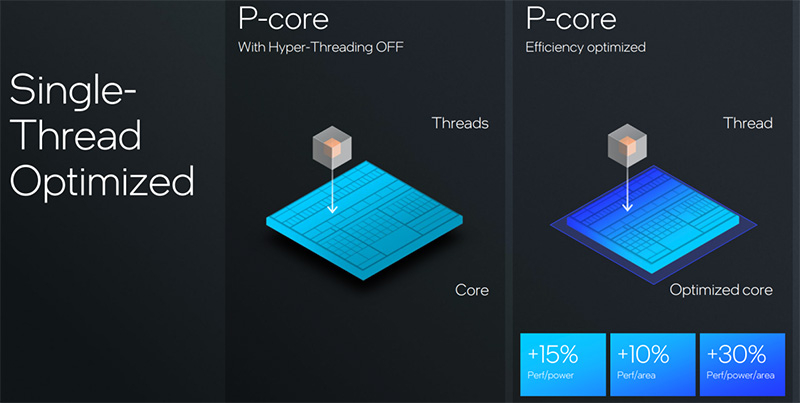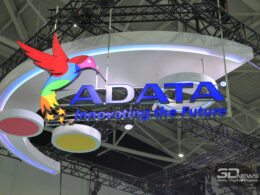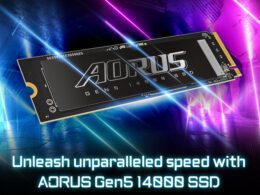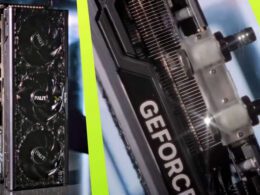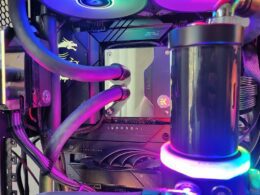Intel’s Lunar Lake CPUs Forego Hyper-Threading
Intel’s use of Hyper-Threading technology, which enables a core to execute two computational threads, has marked its processors for over two decades. However, the newly announced mobile Lunar Lake processors are devoid of it, a decision that applies to both P- and E-cores.
Reason behind Hyper-Threading’s Absence in Lunar Lake
Intel attributes the absence of Hyper-Threading in Lunar Lake to the contention that it isn’t required for performance enhancement any longer. The P-cores of the new processors outstrip Meteor Lake cores in terms of speed by a double-digit percentage, even without Hyper-Threading. Intel argues that mobile computer users seldom need maximum multithreading, primarily dealing with low-thread tasks, hence there’s no need to strive to increase the number of threads executed in Lunar Lake.
Trade-Off between Energy Efficiency and Hyper-Threading
Moreover, enabling Hyper-Threading negatively impacts energy efficiency. Given that one of the key attributes of the new CPU is intended to be frugality, Intel made the call to jettison the technology. Consequently, this allowed improvements in the compactness and battery life of the corresponding laptops.
Ori Lempel, Intel’s Chief Engineer for P-Core, stated that the goal was optimizing single-thread performance with an aim to increase performance per watt and chip area. The disabling of Hyper-Threading offers a positive effect in both instances: in thin and light laptops, the target segment for Lunar Lake, it enhances performance per watt by 15% and per square unit by 10%. Therefore, Lunar Lake processors, comprising of no more than four P- and four E-cores, would be able to execute a maximum of eight threads simultaneously.
Future of Hyper-Threading at Intel
Nonetheless, Intel isn’t completely abandoning Hyper-Threading. The technology remains relevant for flagship desktop processors and server-grade processors. Hence, the absence of Hyper-Threading support in Lunar Lake does not imply that Intel will no longer employ this technology in other products.

